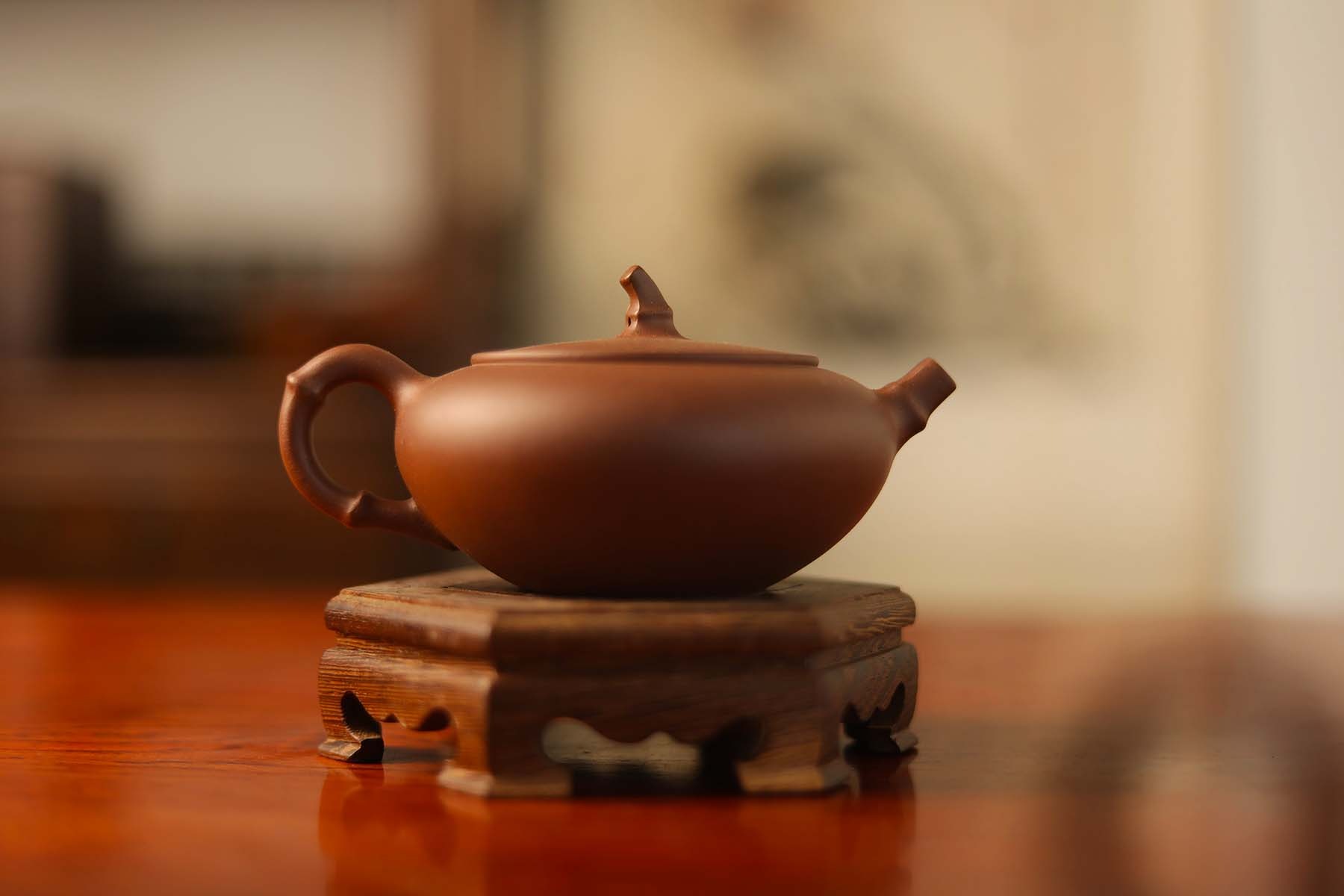How Is Tea Ware Diversifying in Modern Chinese Culture
Modern Chinese tea ware has diversified to include stone, glass, lacquer, clay, and porcelain sets, blending traditional craftsmanship with contemporary aesthetics, reflecting evolving tastes and cultural significance in tea culture.
TEA WARES GUIDECHINESE TEA CULTURE
Let’s be real—tea in China isn’t just a drink. It’s culture, history, and an entire way of life. But here’s the thing: the way people drink tea, and more importantly, the tea ware they use, is evolving. If you’ve ever wondered why some people swear by clay teapots while others love glass sets, you’re not alone.
Tea ware isn’t just about pouring hot water over leaves. It’s a reflection of personality, taste, and even status. Today, tea ware in China blends tradition with modern design, offering something for both purists and trendsetters.
So, let’s dive into the diversified landscape of tea ware in modern Chinese culture and see what’s driving these trends.
The Diversified Landscape of Tea Ware in Modern Chinese Culture
Stone Tea Ware
Stone tea ware might not be the first thing that comes to mind, but trust me, it’s a game-changer. Carved from natural stone and often engraved with intricate designs, these tea sets are both functional and artistic masterpieces.
Why do people love them?
Durability: These pieces are built to last.
Aesthetic Appeal: The blend of stone texture and fine engravings makes each set unique.
Connection to Nature: Drinking tea from stoneware feels earthy and authentic.
For collectors and enthusiasts, stone tea ware isn’t just about drinking tea—it’s about owning a piece of art.
Glass Tea Sets
Glass tea sets have surged in popularity, and honestly, it’s easy to see why. They’re modern, affordable, and let you see the tea leaves unfurl as they steep—a visual experience that traditional tea ware often hides.
Why glass tea sets are winning hearts:
Visual Delight: Watching tea leaves dance in hot water is oddly satisfying.
Easy to Clean: No staining or lingering odours.
Affordable Luxury: Elegant without breaking the bank.
For modern tea drinkers who value both form and function, glass tea sets are an obvious choice.
Lacquerware
Lacquer tea sets are turning heads lately, and for good reason. With their vibrant colours and polished finishes, they’re not just tea sets—they’re statement pieces.
Here’s what makes lacquer tea ware special:
Stunning Design: Think glossy finishes and eye-catching patterns.
Uniqueness: Each piece feels like it tells a story.
Conversation Starter: Perfect for impressing guests during a tea session.
If you love blending tradition with bold style, lacquerware is your go-to.
Clay Tea Ware
You can’t talk about Chinese tea culture without mentioning clay tea ware, especially the iconic Yixing teapots. They’ve been around for centuries, but their relevance hasn’t faded one bit.
Why clay tea ware still dominates:
Tea Flavour Enhancer: The porous clay absorbs the tea’s aroma, improving each brew.
Artisan Craftsmanship: Each teapot feels like it’s been touched by history.
Collector’s Pride: Some pieces are worth more than gold.
Clay tea ware isn’t just a teapot—it’s a legacy passed down through generations.
Blue and White Porcelain
Blue and white porcelain tea sets have a reputation, and rightly so. Known for their delicate patterns and translucent beauty, they’re the crown jewels of Chinese tea ware.
Why they’re still a favourite:
Timeless Appeal: These designs have outlived dynasties.
Durability: Surprisingly tough despite their fragile appearance.
Collectible Value: They’re often seen as family heirlooms.
If you want tradition, elegance, and functionality in one package, porcelain tea ware delivers every time.
Conclusion
In today’s China, tea drinking isn’t just about the tea—it’s about the experience. From chic urban tea houses to quiet countryside gatherings, tea ware plays a central role in shaping these moments.
Whether it’s the rugged charm of stone tea ware, the clarity of glass tea sets, the artistry of lacquerware, the timelessness of clay teapots, or the elegance of blue and white porcelain, each choice tells a story.
Tea ware isn’t just about function—it’s about connection, culture, and expression. And in a world that’s constantly changing, one thing’s for sure: tea culture in China will always find new ways to surprise and inspire us.
FAQs
1. Why is tea ware so important in Chinese culture?
Tea ware isn’t just functional—it reflects art, tradition, and personal taste.
2. What’s the best material for tea ware?
It depends on your preference! Glass for modern aesthetics, clay for tradition, stone for durability, and porcelain for elegance.
3. Are traditional tea sets still popular in modern China?
Absolutely. While modern designs are gaining traction, traditional styles like Yixing clay and blue and white porcelain remain timeless favourites.
4. Is tea ware a good investment?
High-quality or rare tea ware can appreciate in value, especially artisan-crafted pieces.
5. How do I choose the right tea set?
Think about what matters most to you—functionality, aesthetics, or cultural value.




